In this compelling interview, Dr. David Waterhouse, OHC, shares his vision for transforming how clinical trials are delivered—by bringing them directly to patients, rather than requiring patients to travel to academic centers. He outlines the logistical, technological, and cultural shifts needed to decentralize research and make trials more accessible, especially in underserved communities. Dr. Waterhouse explains why the barriers like real-time training and rapid drug delivery may be more solvable than we think, and how the STAR model from Sarah Cannon is already proving what’s possible.
Advertisement
This NephJC RoboPod episode discusses the NUDGE trial of electronic nudges to increase CKD guideline-directed therapy.
Piperacillin shows promise as a targeted Lyme treatment, clearing infection without harming the gut microbiome.
Ucenprubart, a CD200R antibody, shows early promise for safely reducing inflammation in atopic dermatitis, per new study.
JAK inhibitors show promise for vitiligo treatment, improving skin repigmentation with a favorable safety profile.
Editorial board chair Dr. Ajay Singh discusses how GFR may vary between sexes and affect rates of CKD.
The phase 3 VERONA trial, which compared this combination with placebo plus azacitidine, observed no new safety signals.
Dr. John Gansner and Dr. Martina H. Slingsby argue this new agent can provide benefit across all bleeding disorders.
AI-assisted platform boosts accuracy in identifying HER2-low breast cancer, improving access to targeted therapies.
DocWire Content Partners
Powered by DocWire News
The Latest From GI Oncology Now
Suvemcitug, envafolimab, and FOLFIRI may serve as a new second-line treatment option for cold tumors.
KRASG12C inhibitors can have reduced efficacy in patients with alterations in KRAS, EGFR, and other genes.
Complete responders with HCC have prolonged survival and durable disease control even after therapy has been discontinued.
The primary objective of median PFS was significantly longer for patients treated with 177Lu-edotreotide.
The safety profile of the combination was consistent with known profiles, and no new safety findings were observed.
Older patients in their 70s with extrahepatic CCA have a higher rate of choledocholithiasis.
The Latest From Heme Today
The phase 3 VERONA trial, which compared this combination with placebo plus azacitidine, observed no new safety signals.
Dr. John Gansner and Dr. Martina H. Slingsby argue this new agent can provide benefit across all bleeding disorders.
Heme Today spoke with Ulrike Reiss, MD, and Andrew Davidoff, MD, of the trial's investigator team.
Gene therapy is reshaping sickle cell care, raising awareness and advancing treatments beyond the lab.
ASH warns NIH cuts would jeopardize blood disorder care and halt key progress in hematology research.

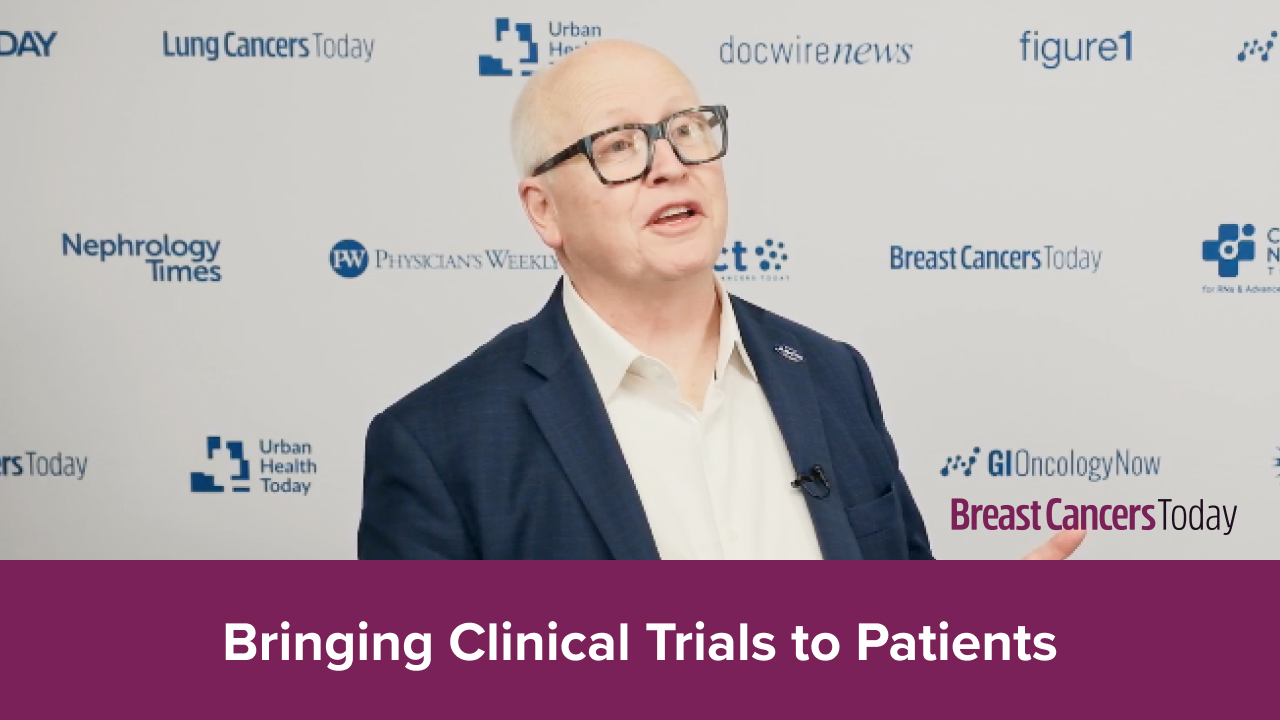


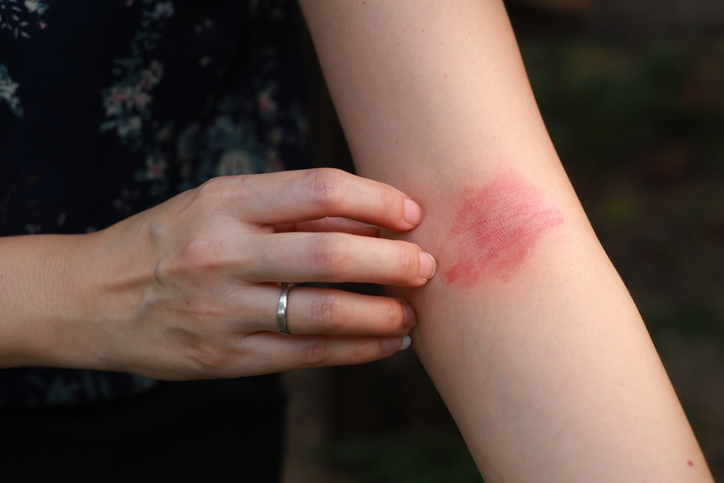


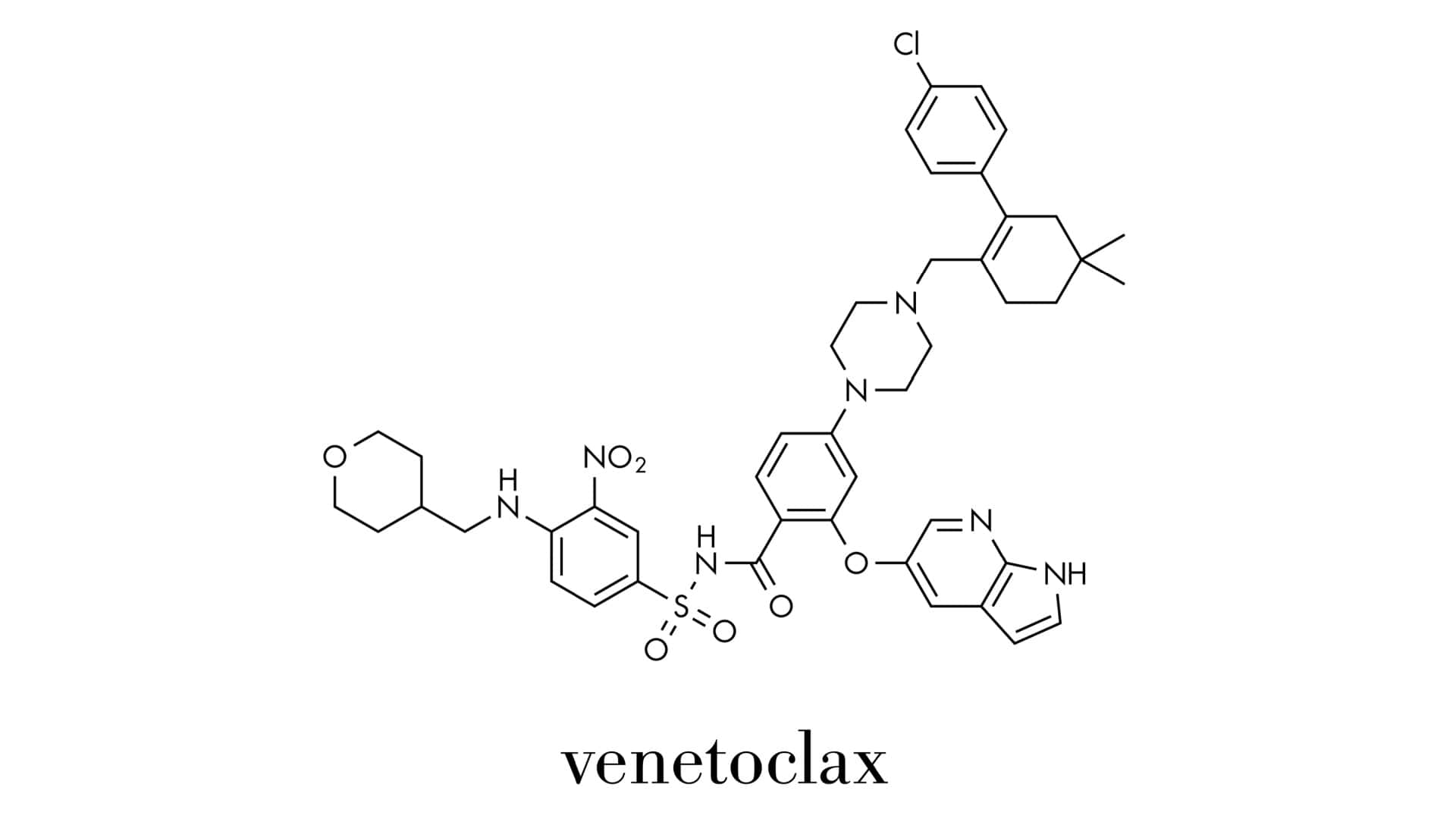
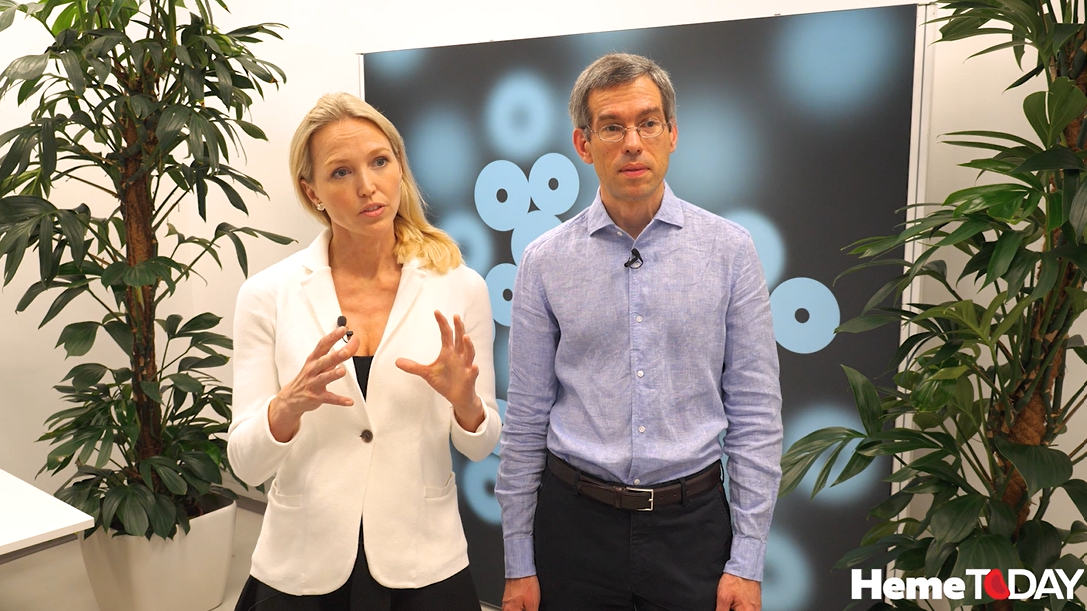
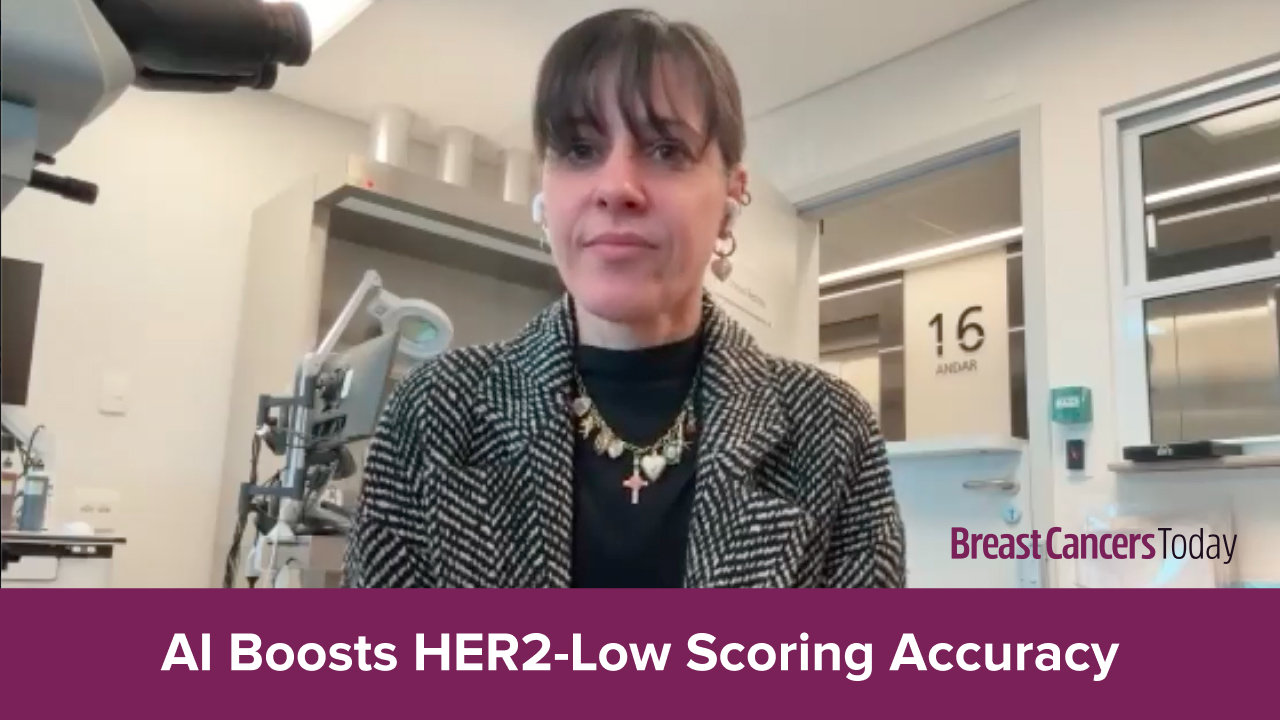


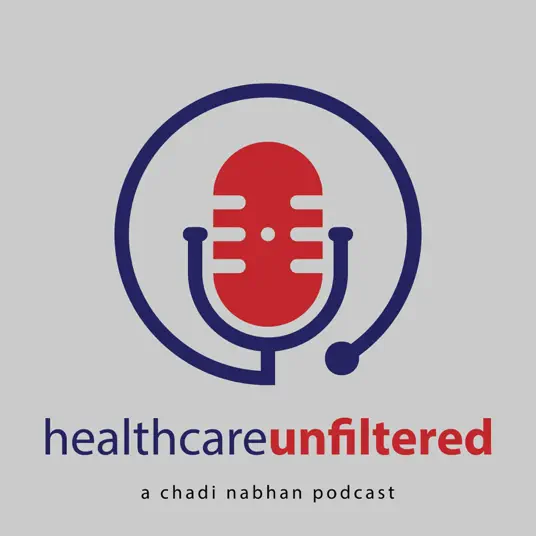

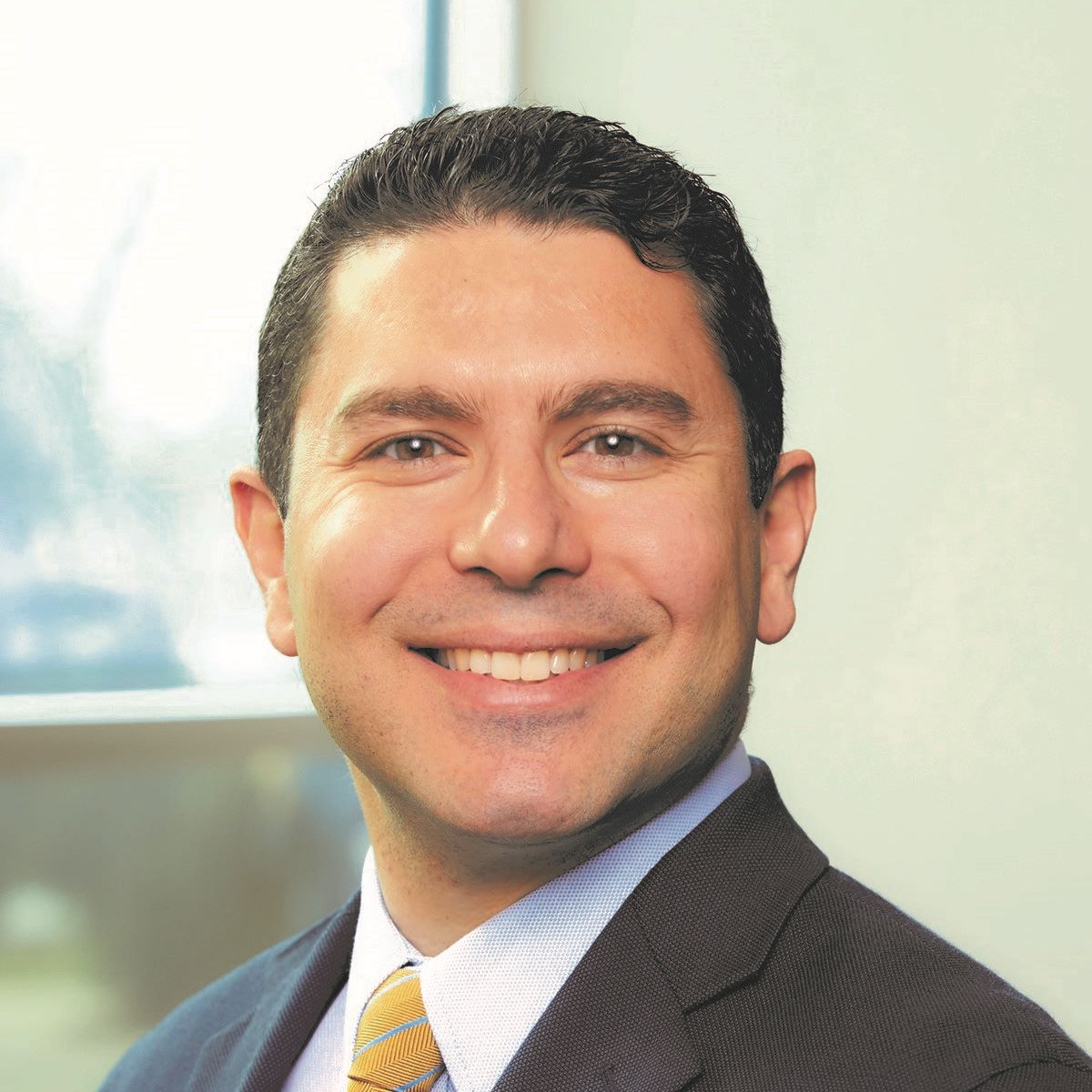











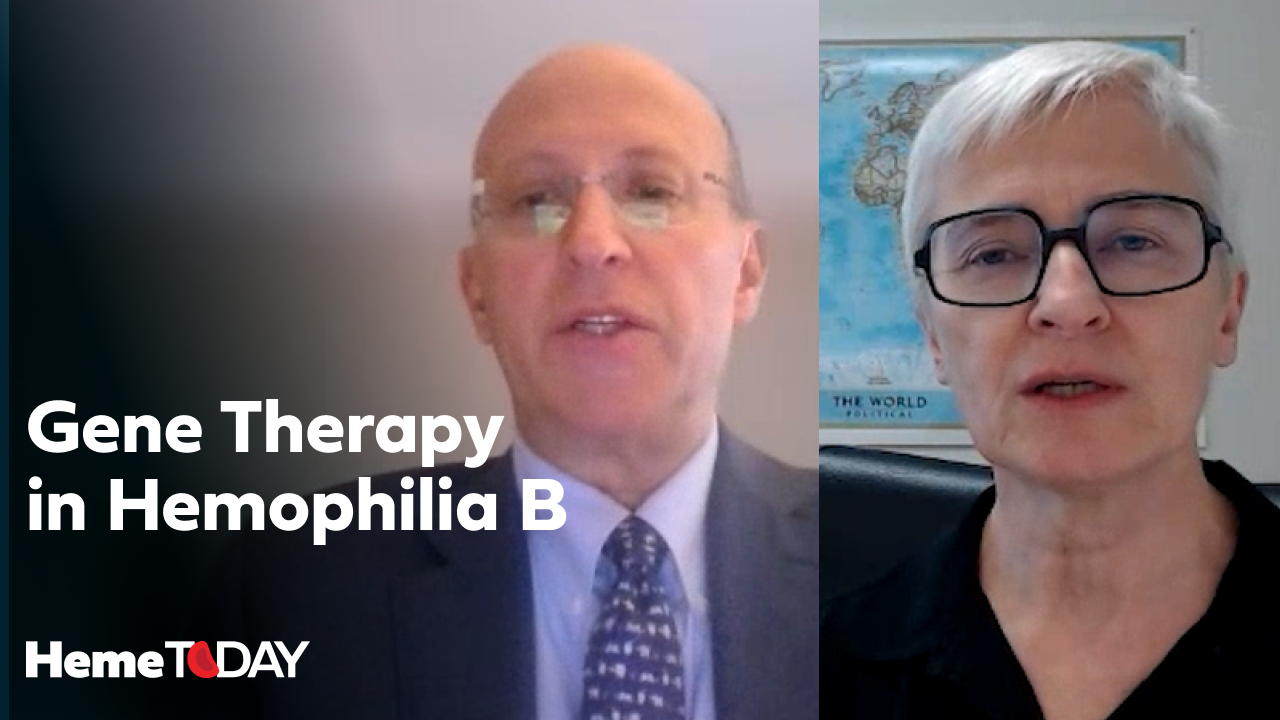
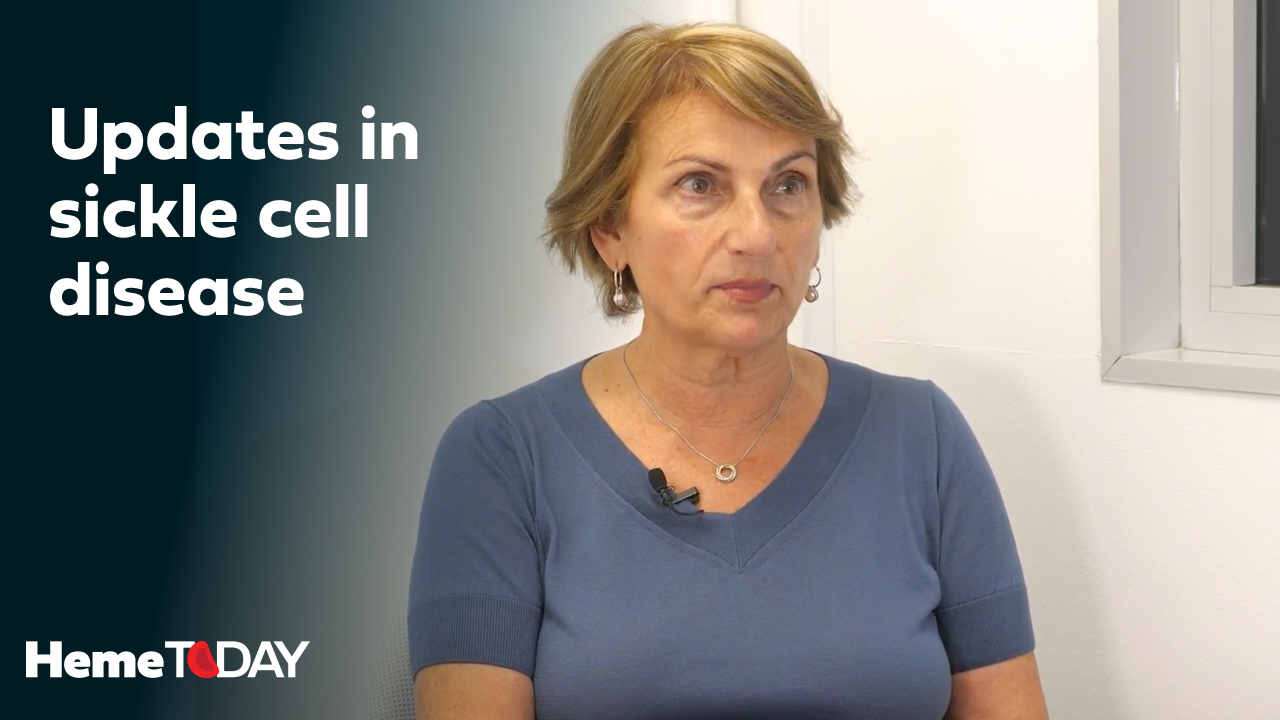
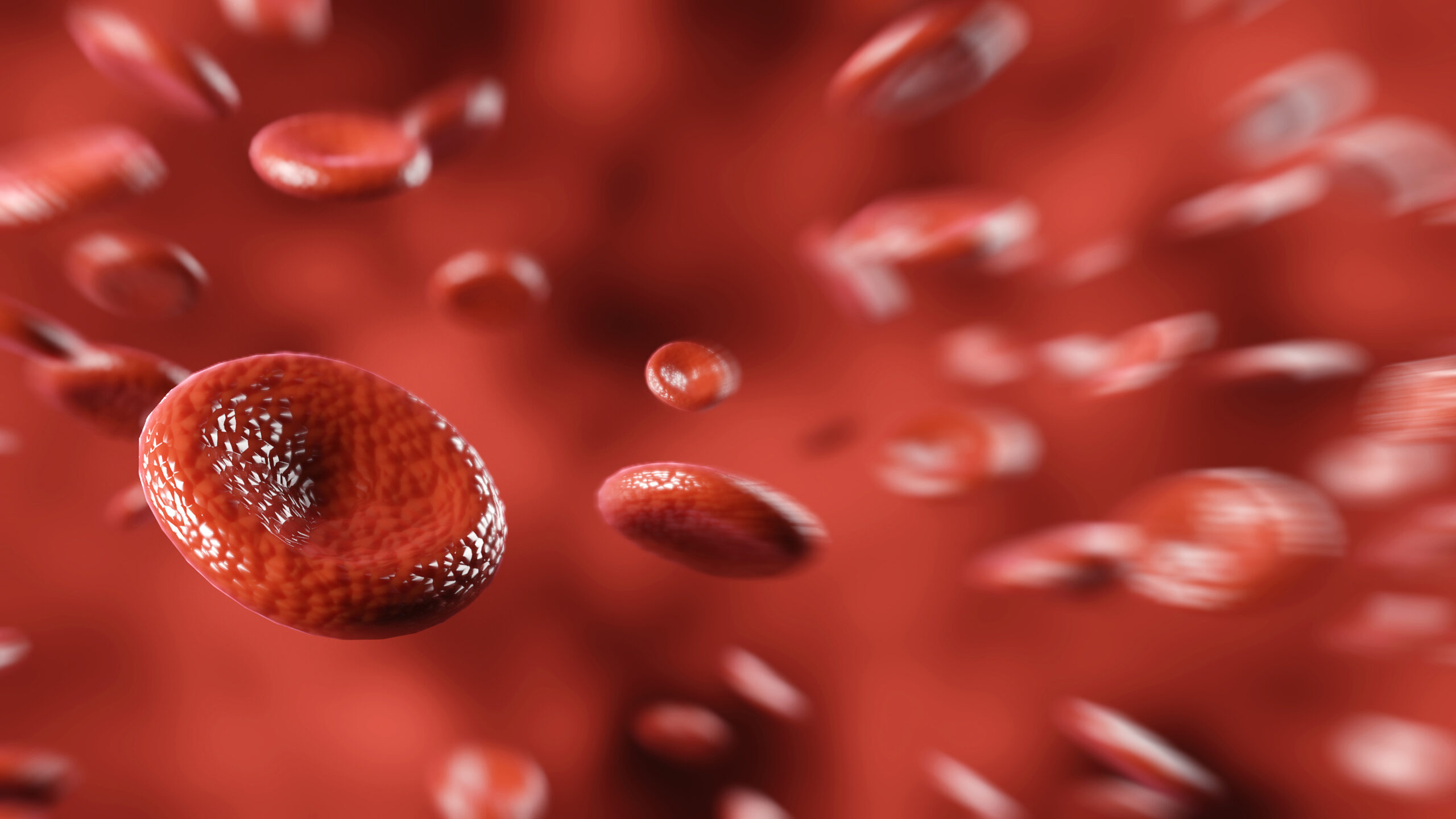






 © 2025 Mashup Media, LLC, a Formedics Property. All Rights Reserved.
© 2025 Mashup Media, LLC, a Formedics Property. All Rights Reserved.